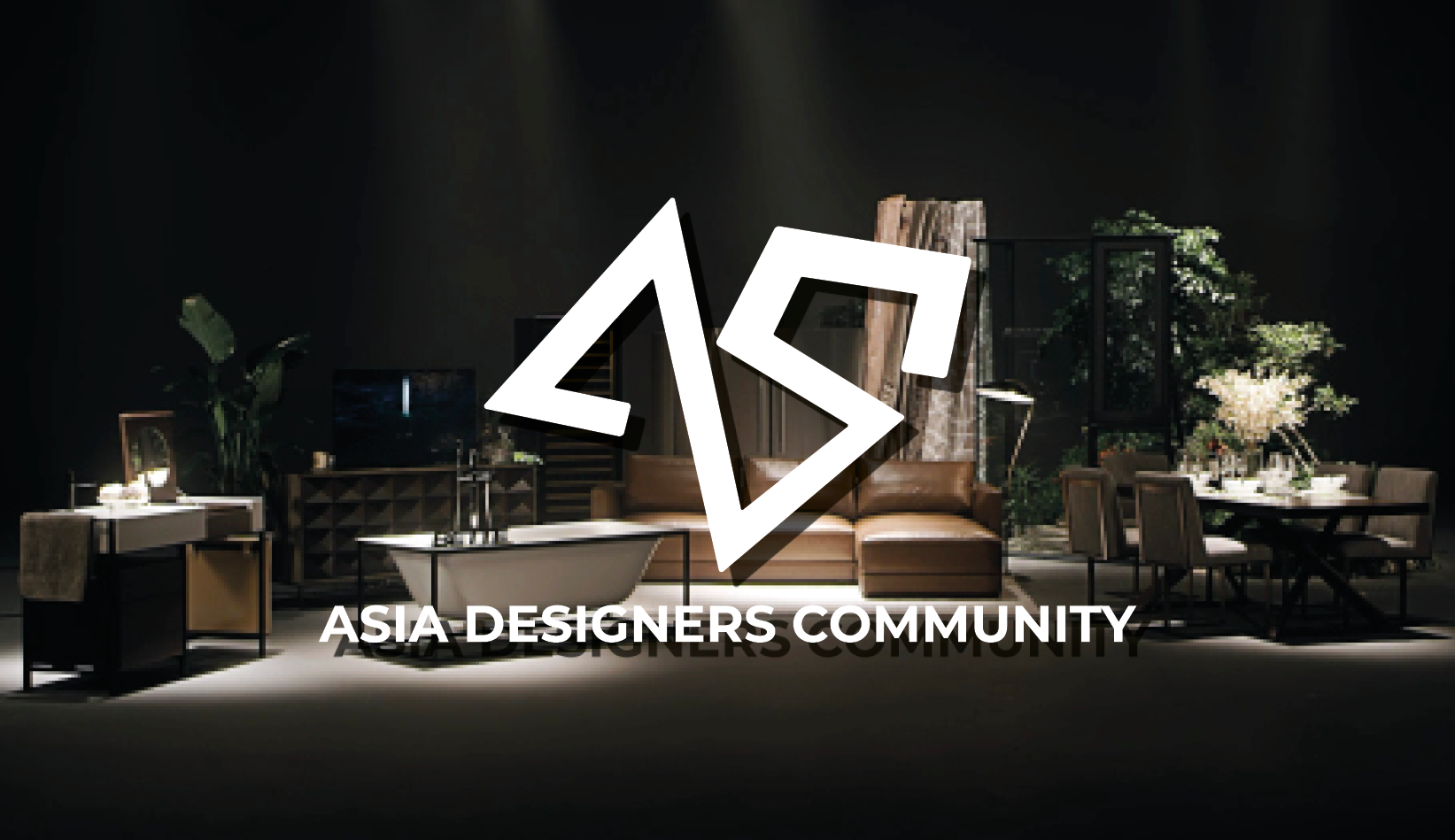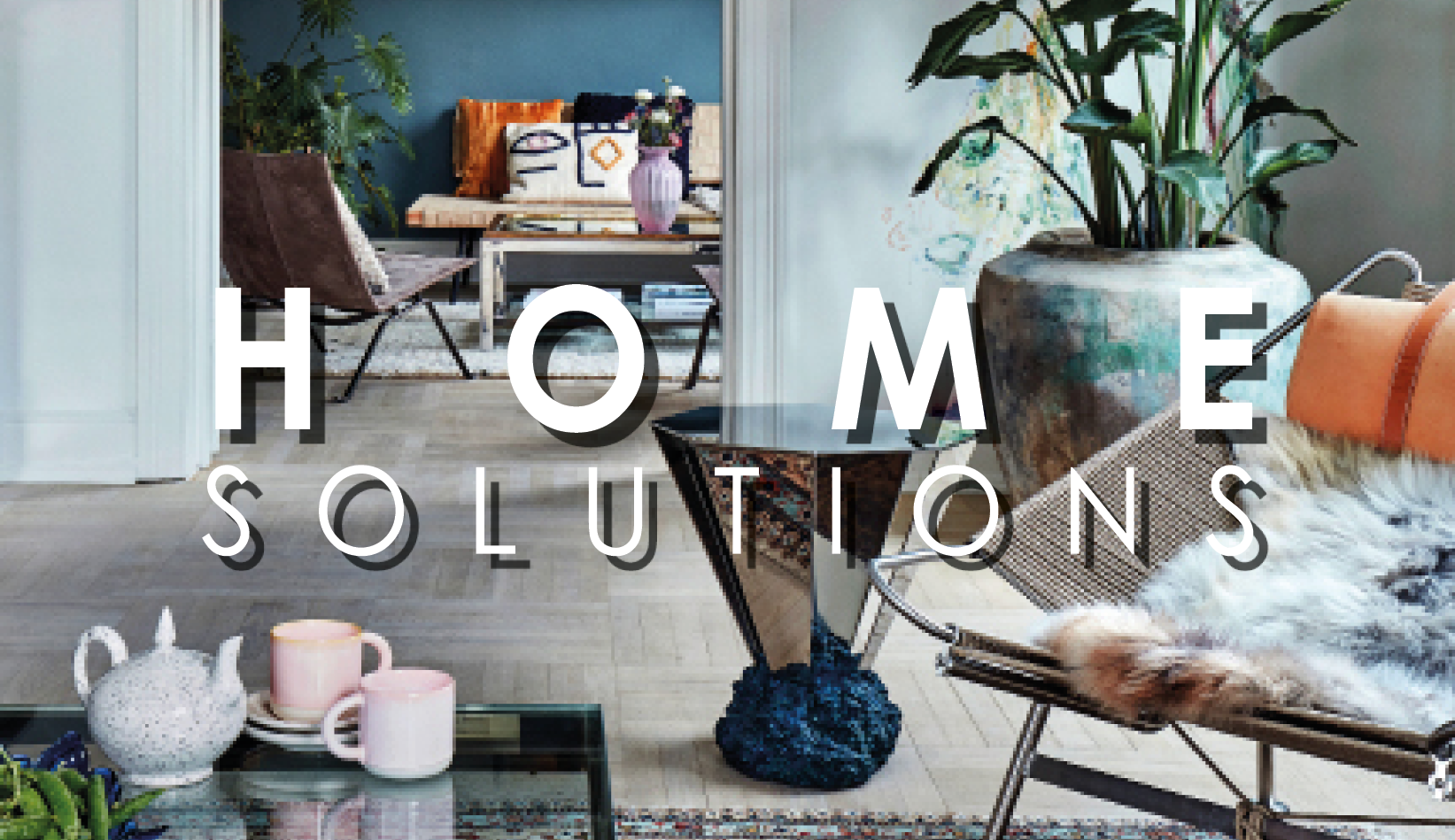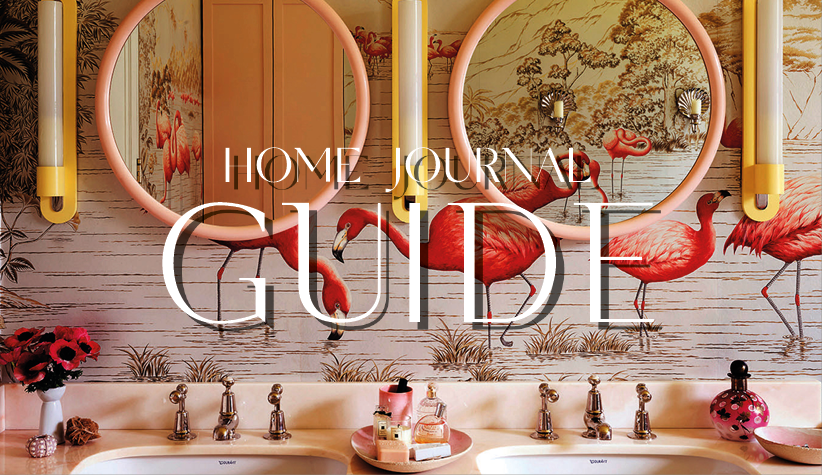We step inside Grana’s headquarters and are greeted at the door by freshly baked Viennoiserie, a hot cup of coffee and a warm welcome from the predominantly Aussie team. The racks of Peruvian Pima cotton T-shirts, Japanese denim jeans and Chinese silk blouses are extremely tempting. It’s not long before we find ourselves feeling the ultra-soft materials and trying them on in the makeshift fitting room, before buying several basic tees and blouses for ourselves, our spouses, and our friends and family.
Both the items and the prices are hard to resist, and it seems impossible to pass up such good deals. But it’s not sales season and Grana isn’t your typical boutique – its prices are kept low because there’s no retail space and the goods are shipped directly to customers around the world. Even though we’re at the showroom, purchases have to be made via the company’s online website before you can take them home in a neatly wrapped package, complete with a personal handwritten thank-you note.
To one side of the sun-lit space are cork boards pinned with fashion photos ripped from the pages of magazines – the focus here isn’t on the latest styles, but rather on practical items that will stand the test of time. The novel concept came about when founder Luke Grana visited his brother in Peru and discovered the softness of Pima cotton, which would later become the material of choice for his T-shirt line and spark his interest in quality fabrics. He explains, I wanted to build a brand that would be an enabler – to let a person, someone who wouldn’t normally be able to afford a Mongolian cashmere sweater or a Pima cotton T-shirt, purchase one.
It’s easy to see why so many people are stocking up on comfy tees and stretchy jeans, especially when retail shops are often split between cheap, disposable fashion and overpriced luxury items. Grana is a refreshing take on sustainable, long-lasting clothing that’s easy to wear. We can’t wait to see (and stock up on) what’s next.
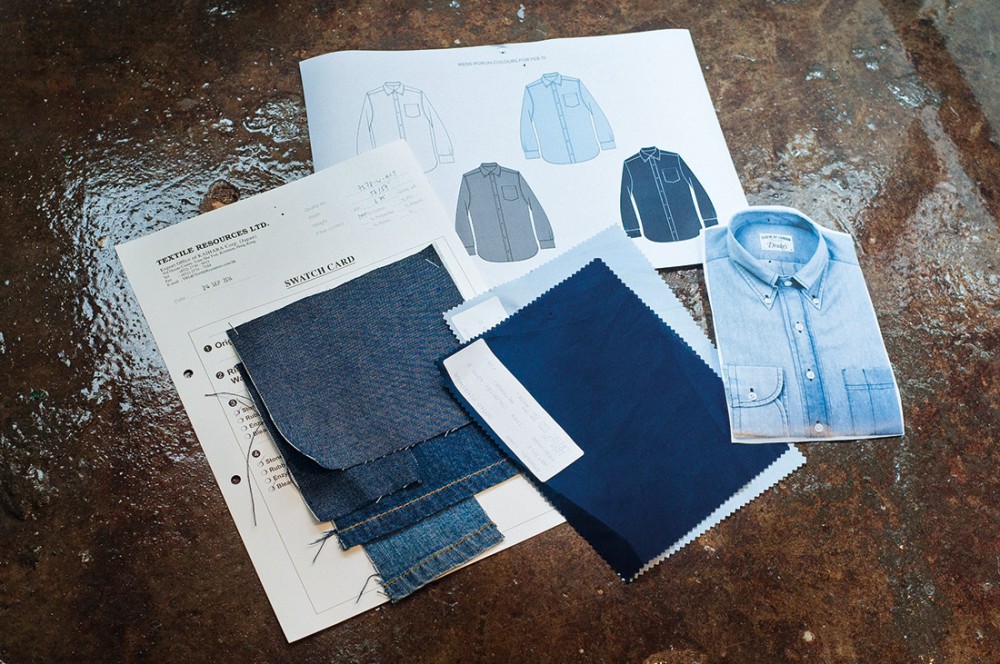
Are you a coffee or tea person? Definitely coffee. I’m a big coffee fanatic and I opened three coffee bars, plus I was a barista for four years. Australians have a very strong coffee culture – the way we grind the beans to the froth of the milk… I miss the coffee, for sure.
How do you start your workday? I always start with a coffee. I come in and I make a to-do list for the day, and then chat with the team about what they’re doing for the day and catch up with everyone.
What are some things on your to-do list? I have an investor meeting this afternoon, so I need to prepare for that. I had a product meeting with our designer Anthony, so we went out for a coffee and went over the product plan and fabric samples, and then had a quick meeting with Amanda on PR and marketing to go over some design work.
What do you love about being an entrepreneur? I’ve always loved the business side of things – this is my sixth business now and I’m 30. After uni, I set up coffee bars in Sydney before selling them. I also started a business called Charge Point – electrical charging stations across Australia and New Zealand. There was a gap in the market, and we installed over 1,000 charging stations and sold the business in 2012.
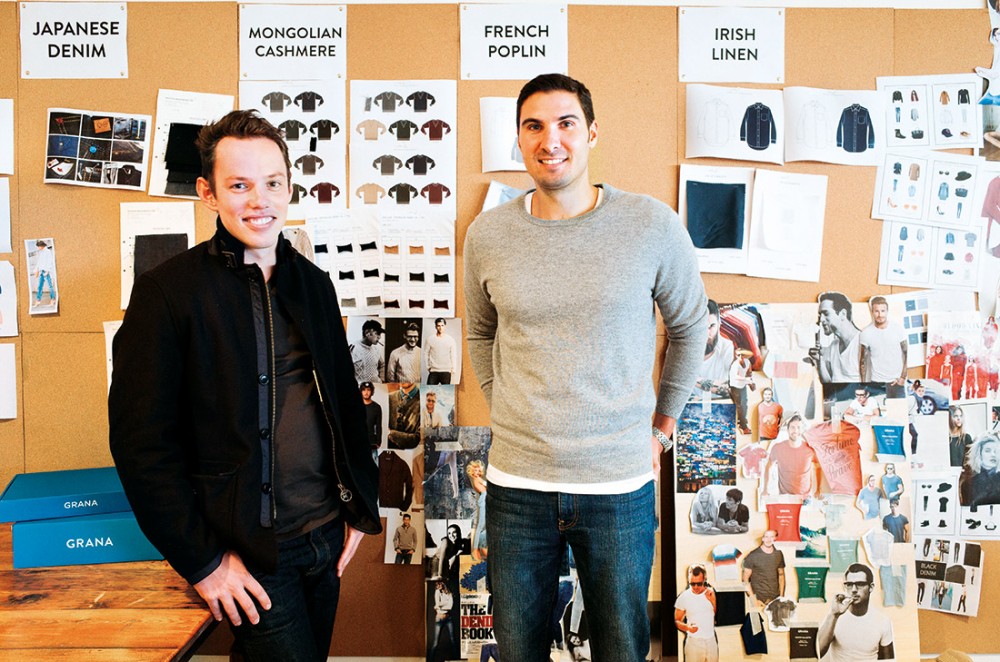
What’s your favourite part of the office? For me, it’s definitely the ping pong table. We always play ping pong. Everyone in the team plays ping pong in the morning, at lunch or after work; we always have a big game. Everyone’s very competitive and the good thing is that everyone plays.
What an effective way of motivating your team? For me, as a leader, I try to keep communications as open as possible. I’m always talking to people to make sure that everyone knows what they’re doing and to ensure the goals are clear.
What’s it like to work as part of such a small team? We obviously work very closely and we’ve become really close friends. A lot of us are expats, so it’s a great deal of fun and a lot of that is going into the product design. I hope the friendship shared amongst the team is hopefully coming through in our products.
What’s one thing you miss about Australia? Before moving to Hong Kong, I moved to the beach and was surfing everyday. Now that I’ve moved to Hong Kong, I haven’t been surfing. I miss the beach.
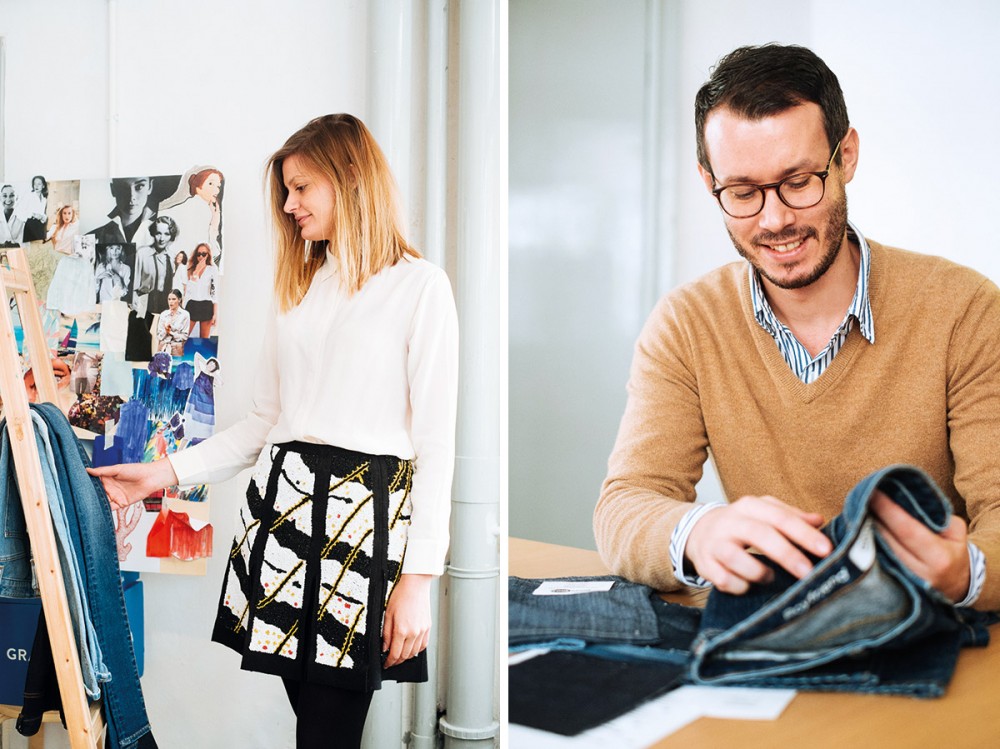
PERSONAL PICKS
EXPLORE Byron Bay is a beach in New South Wales, Australia. It’s a very cool and magical beach town where everything stops. It’s got beautiful waves, and is packed with lots of cool cafes and restaurants – it’s where the world comes to a standstill.
SHOP I’ve always been a big fan of shops that sell basics, such as Muji. I always go shopping at Muji for my home or for clothing.
READ I’m reading an Ikea business case study. They’ve done so well, and it’s one of the biggest companies in the world because they focus on the basics at a low price point. I love reading about other businesses that have disrupted their markets. Part of the reason why Ikea is so successful is by offering great designs at low price points, and I think it’s the same with Grana – good fabrics are first and price is always second.
Styling by Kissa Castañeda
Photography Edric Chen/ At East Jed Root
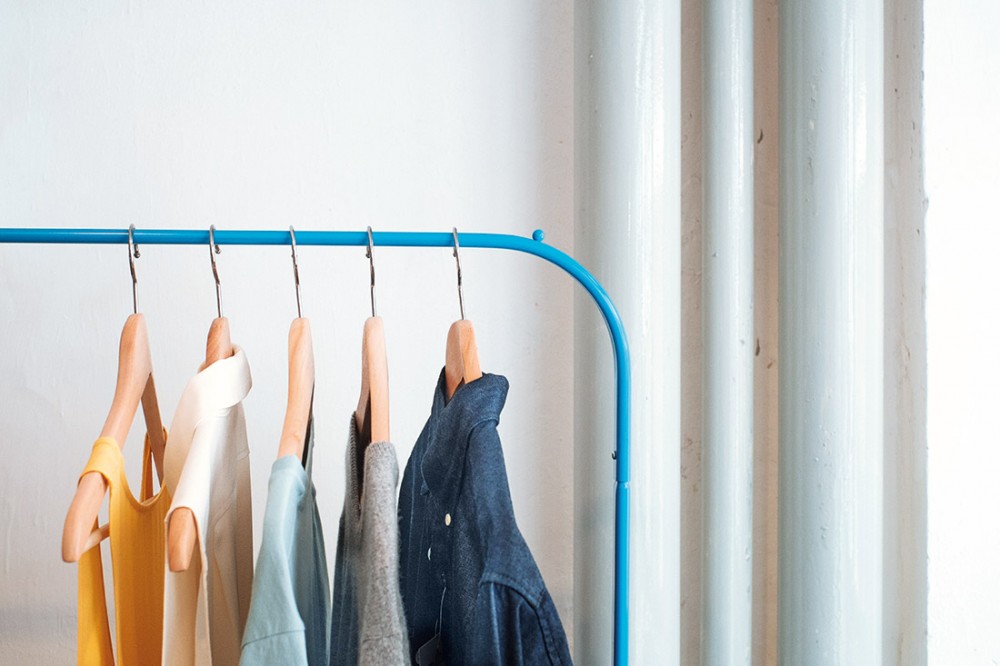
The post Back to Basics appeared first on Home Journal.




